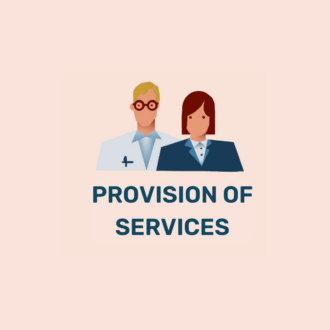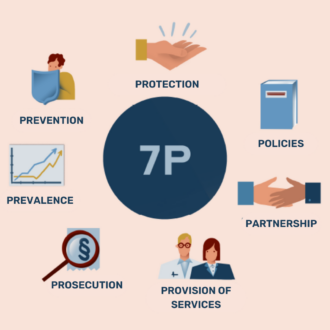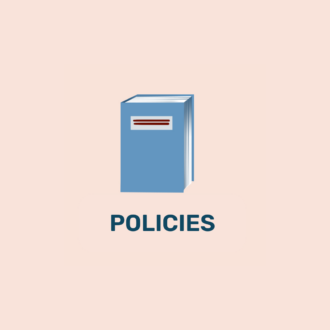A Safe and Respectful Academic Environment

Our Services
As part of the CZERA project, we offer the following services in the field of gender-based violence:
- workshops, training, and consultations on gender-based violence, sexual harassment, and related topics in the field of gender equality;
- institutional support for the development and implementation of gender equality plans, where the issue of GBV is one of the recommended thematic areas;
- a Community for Change that supports individuals or institutions to achieve cultural and institutional change, and to do this also in the area of gender-based violence.
UniSAFE and the 7P Model
The 7P model developed by the UniSAFE project investigates the mechanisms, social determinants, antecedents, and consequences of gender-based violence in universities and research organisations. By expanding its analysis and investigating the role of universities and research organisations in providing services to victims and perpetrators, and how they are supported by partnerships with relevant actors at the international, national, and local levels, the 7P model provides a truly holistic understanding of gender-based violence in higher education.
More

Gender equality policies and gender-based violence
Gender-based violence is addressed both at the EU level and at the national level in the Czech Republic. Relevant policies focus, for example, on the protection of victims and on combating gender-based violence and sexual harassment.
MoreAdditional resources and information
The EU-funded GenderSAFE project will support research and higher education institutions in establishing safe, inclusive, and respectful environments by setting up comprehensive policies to effectively counteract gender-based violence.
GenderSAFE has established a Community of Practice (CoP) open to all those involved in addressing gender-based violence in higher education and research institutions, including equality, diversity and inclusion officers, human resources and administrative staff, institutional leadership, national government representatives, representatives of trade unions and gender equality organisations, researchers, professors, students and university activists.
Building on the knowledge and tools developed by the UniSAFE project, the GenderSAFE CoP is designed to promote exchange and mutual learning among participants from different universities and research organisations on institutional policy frameworks on gender-based violence.
Find GenderSAFEs’ Zenodo here.
UniSAFE is an EU-funded project that aims to produce better knowledge on gender-based violence and sexual harassment (GBV) in research performing organisations (RPOs) and to translate this knowledge into operational tools for higher education, research organisations, and policymakers. Research and outreach activities targeting researchers, stakeholders, and policymakers are to be conducted across Europe for three years, starting in February 2021. The project analyses the mechanisms of GBV – its social determinants, antecedents, and consequences – at three different levels using a holistic research model:
- The prevalence and impacts of GBV are analysed via data gathered in a survey of 45 RPOs (the micro level).
- Organisational responses and infrastructure are investigated via data gathered in in-depth case studies, interviews, and a strategic mapping of research organisations in 15 member states (the meso level).
- Legal and policy frameworks are examined through an extensive mapping conducted by national experts in 27 European states and 3 associated states (the macro level).
This multi-field research design provides in-depth knowledge of existing problems and current and future priorities, and will result in an operational toolkit and recommendations for reducing GBV in the European academic and research area.
- Project public deliverables are available here: https://unisafe-gbv.eu/project-public-deliverables/
Find UniSAFEs’ Zenodo here.
Building on GENDERACTION, a Horizon 2020 project, GENDERACTIONplus is a Horizon Europe project coordinated by the Centre for Gender and Science. The project consortium consists of 26 national authorities, grant agencies, and research organisations from a total of 21 European countries. The aim of GENDERACTIONplus is to deepen European cooperation and contribute to greater coordination of gender equality policies in research and innovation in the EU.
One of the GENDERACTIONplus objectives focuses on GBV and sexual harassment from the policy perspective, through benchmarking, peer-to-peer exchange, the transfer of experience, and the development of strategic policy advice.
The GE Academy is a Horizon 2020 project that developed and implemented a high-quality capacity-building programme on gender equality in research, innovation, and higher education. Gender-based violence is one of the areas that the GE Academy’s capacity-building focuses on.
ProFEM: provides counselling and other direct support to individuals at risk of domestic and sexual violence, organises events for the general public and professionals, and publishes counselling and information publications.
